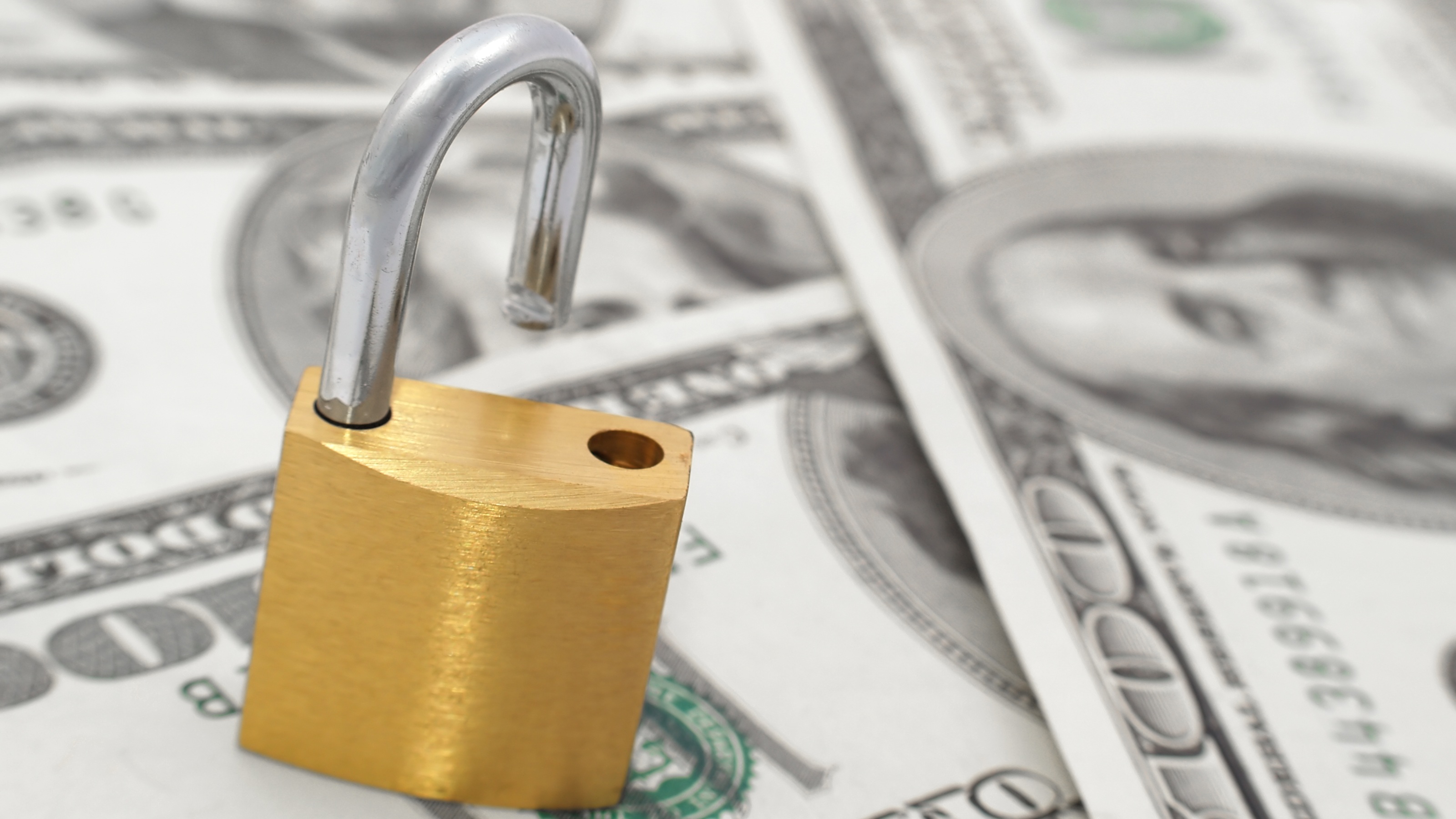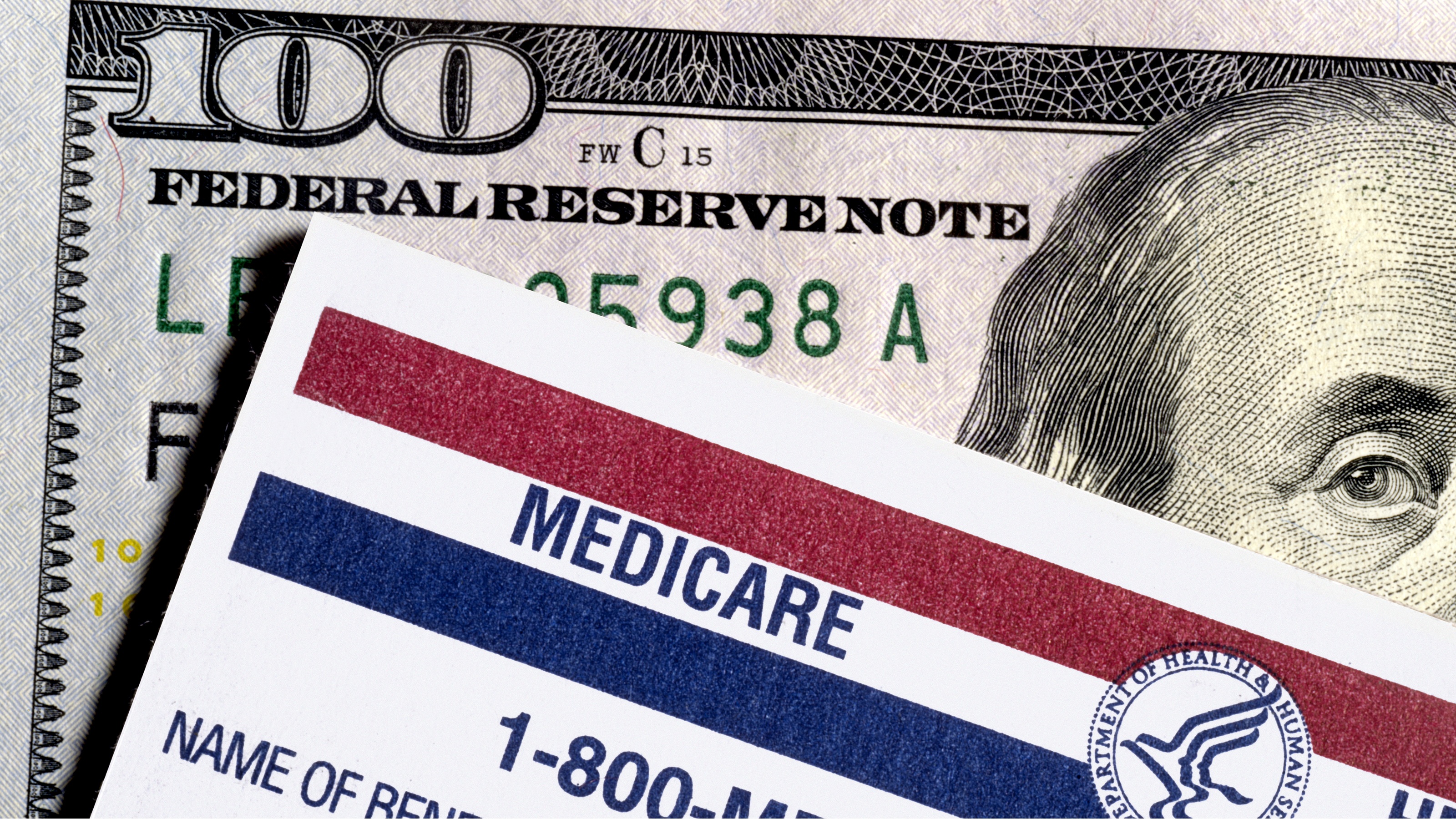Coronavirus and Your Retirement Savings: Answering Important Questions
There's a lot going on, and investors and retirement savers could use all the guidance they can get.


As we navigate the coronavirus outbreak, a new survey shows Americans are more concerned about their finances than their health. Wall Street may be fueling that concern right now. Stocks were at record highs in February of this year. Since then, they’ve fallen more than 30%. The volatility stems from fears of a global economic slowdown due to the coronavirus pandemic. Investors have also been reacting to an oil price war, emergency interest rate cuts, the temporary closing of schools and businesses and news from Capitol Hill about the government’s plan to fight the spread of COVID-19. All of this is causing concern about our personal finances and our future retirement.
With that in mind, let’s take a look at some common questions financial planners everywhere are answering right about now.
Should I be worried about the volatility on Wall Street?
Investing is often controlled by our emotions. It is common to feel anxious and worried when the stock market drops, causing some investors to sell. While you may have a loss on paper, it isn’t realized until you take action and sell. The old saying, buy low and sell high, still holds true. Now isn’t the time to sell. Indeed, for younger investors, it may be the time to buy in, or at least stay the course. Don’t let your emotions drive your investment decisions. Instead, focus on your long-term goals. If you don’t have a financial plan, now is the time to meet with a financial adviser who can help you set savings goals for retirement and create a plan to reach them. Take time to ask your adviser questions so you understand your plan. It’s much easier to feel calm and confident during times of uncertainty if you understand how your plan is set up to help you achieve your goals.

Sign up for Kiplinger’s Free E-Newsletters
Profit and prosper with the best of expert advice on investing, taxes, retirement, personal finance and more - straight to your e-mail.
Profit and prosper with the best of expert advice - straight to your e-mail.
Are we headed for a recession?
By definition, a recession is two or more quarters of negative economic activity. It is normal for the stock market to experience ups and downs, and some economists are predicting we will enter a recession in the coming months. However, history proves the stock market will recover following a recession. It took just over five years for the market to make a complete recovery following the Great Recession, which led to the longest-running bull market on record, from March 2009 to March 2020. Investors who stayed the course and kept money in the market during that time reaped the rewards.
What should I do with my 401(k)?
One of the best things to do right now is to ignore your balance. Checking your balance daily or weekly during times of market volatility will only add to your worries. Instead, take a look at your account and figure out what you own. Your portfolio should be diversified and have the appropriate risk for your age and how close you are to retirement. Consider the Rule of 100: Subtract your age from 100 and that is the percentage of your account that should be exposed to riskier investments like stocks. The rest should be in safer investments. For example, if you are 60 years old, 40% can be exposed to risk and the other 60% should be in safer investments. This is just a rule of thumb. Work with your financial adviser to rebalance your portfolio as you age.
What is the federal government doing to help?
New numbers show as many as 10 million workers will see an impact on their paychecks as restaurants and other businesses take a hit from the coronavirus outbreak. As a result, the federal government is working on a stimulus package to help ease the financial burden and stabilize the economy. The Treasury Department has proposed sending checks to Americans starting in early April. The amount proposed is $1,000 per adult and $500 per child, meaning a family of four could receive $3,000. The proposal calls for a second round of checks to go out in May, if necessary. Congress and President Trump are working on a number of proposals to help small businesses, airlines and other sectors hit hardest by the coronavirus pandemic.
Bottom line, our lives have been impacted far beyond our finances, and it is common to feel anxiety right now. If you can control one thing, it’s your plan for retirement. A solid plan will help you feel more secure as we ride out the rollercoaster on Wall Street.
Profit and prosper with the best of Kiplinger's advice on investing, taxes, retirement, personal finance and much more. Delivered daily. Enter your email in the box and click Sign Me Up.

Tony Drake is a CERTIFIED FINANCIAL PLANNER™ and the founder and CEO of Drake & Associates in Waukesha, Wis. Tony is an Investment Adviser Representative and has helped clients prepare for retirement for more than a decade. He hosts The Retirement Ready Radio Show on WTMJ Radio each week and is featured regularly on TV stations in Milwaukee. Tony is passionate about building strong relationships with his clients so he can help them build a strong plan for their retirement.
-
 Higher Summer Costs: Tariffs Fuel Inflation in June
Higher Summer Costs: Tariffs Fuel Inflation in JuneTariffs Your summer holiday just got more expensive, and tariffs are partially to blame, economists say.
-
 Don’t Miss Alabama Tax-Free Weekend 2025
Don’t Miss Alabama Tax-Free Weekend 2025Tax Holiday Ready to save? Here’s everything you need to know about the 2025 back-to-school Alabama sales tax holiday.
-
 New SALT Cap Deduction: Unlock Massive Tax Savings with Non-Grantor Trusts
New SALT Cap Deduction: Unlock Massive Tax Savings with Non-Grantor TrustsThe One Big Beautiful Bill Act's increase of the state and local tax (SALT) deduction cap creates an opportunity to use multiple non-grantor trusts to maximize deductions and enhance estate planning.
-
 Know Your ABDs? A Beginner's Guide to Medicare Basics
Know Your ABDs? A Beginner's Guide to Medicare BasicsMedicare is an alphabet soup — and the rules can be just as confusing as the terminology. Conquer the system with this beginner's guide to Parts A, B and D.
-
 I'm an Investment Adviser: Why Playing Defense Can Win the Investing Game
I'm an Investment Adviser: Why Playing Defense Can Win the Investing GameChasing large returns through gold and other alternative investments might be thrilling, but playing defensive 'small ball' with your investments can be a winning formula.
-
 Five Big Beautiful Bill Changes and How Wealthy Retirees Can Benefit
Five Big Beautiful Bill Changes and How Wealthy Retirees Can BenefitHere's how wealthy retirees can plan for the changes in the new tax legislation, including what it means for tax rates, the SALT cap, charitable giving, estate taxes and other deductions and credits.
-
 Portfolio Manager Busts Five Myths About International Investing
Portfolio Manager Busts Five Myths About International InvestingThese common misconceptions lead many investors to overlook international markets, but embracing global diversification can enhance portfolio resilience and unlock long-term growth.
-
 I'm a Financial Planner: Here Are Five Smart Moves for DIY Investors
I'm a Financial Planner: Here Are Five Smart Moves for DIY InvestorsYou'll go further as a DIY investor with a solid game plan. Here are five tips to help you put together a strategy you can rely on over the years to come.
-
 Neglecting Car Maintenance Could Cost You More Than a Repair, Especially in the Summer
Neglecting Car Maintenance Could Cost You More Than a Repair, Especially in the SummerWorn, underinflated tires and other degraded car parts can fail in extreme heat, causing accidents. If your employer is ignoring needed repairs on company cars, there's something employees can do.
-
 'Drivers License': A Wealth Strategist Helps Gen Z Hit the Road
'Drivers License': A Wealth Strategist Helps Gen Z Hit the RoadFrom student loan debt to a changing job market, this generation has some potholes to navigate. But with those challenges come opportunities.